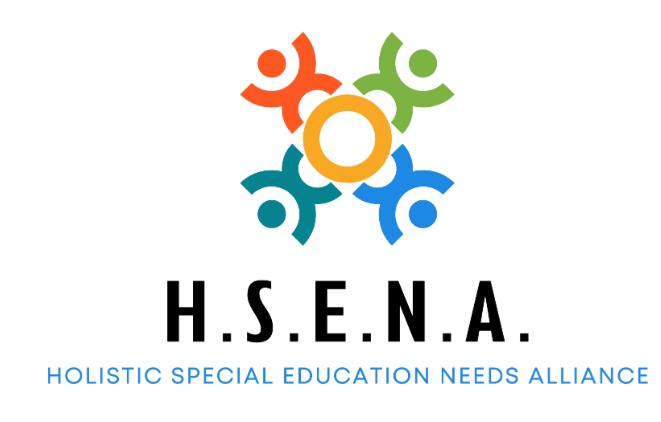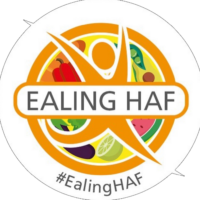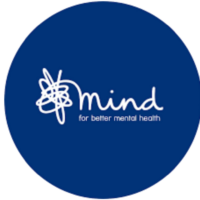At HSENA, we are committed to empowering children and young people with Special Educational Needs and Disabilities (SEND) and their families through a range of innovative and inclusive projects. We focus on education, well-being, and community support, ensuring that every child, regardless of their abilities or background, has access to the resources they need to thrive.
Our projects are designed to bridge gaps in services, provide culturally relevant support, and create safe and engaging spaces for SEND children, their siblings, and parents. We work closely with local authorities, schools, healthcare professionals, and community organisations to advocate for families and deliver impactful programs that address their unique needs.
What We Offer
- Tailored Support for SEND Families – Practical assistance, advocacy, and guidance to help families access essential services, including EHCP applications, benefits, and educational support.
- Community & Parental Engagement – Workshops, coffee mornings, and networking opportunities to educate, empower, and connect parents of SEND children.
- Specialist Training & Awareness – Providing training for professionals, parents, and schools on SEND rights, inclusion strategies, and best practices.
- Accessible & Inclusive Activities – Creating safe, structured environments where children and young people with SEND can learn, socialize, and develop essential life skills.
- Advocacy & Policy Influence – Working to ensure equitable access to education and services for SEND children, particularly those from diverse and underrepresented communities.
At HSENA, we believe in collaboration, cultural sensitivity, and long-term impact. By continuously adapting our projects to meet the evolving needs of SEND families, we strive to build a more inclusive, informed, and supportive community.
HAF: Holiday Activity & Food Program
YEF: Parent/Carer Champion
EPEC
Ealing Roots & Wings
NHS – MMR Immunisation: Protection Against Measles, Mumps & Rubella
Measles: A highly contagious virus that causes fever, cough, runny nose, red eyes, and a distinctive rash. It can lead to serious complications, such as pneumonia and encephalitis (brain swelling).
Mumps: This virus causes swelling of the salivary glands, leading to puffy cheeks and a tender, swollen jaw. It may also lead to complications such as meningitis, encephalitis, and, in some cases, hearing loss.
Rubella (German Measles):
Although generally mild in children, rubella can cause serious complications in pregnant women, including miscarriages or congenital rubella syndrome, which can lead to severe birth defects.
The MMR vaccine is typically given in two doses, with the first dose administered to children around the age of one and the second dose given before starting school. It is a live vaccine, meaning it contains weakened versions of the viruses to stimulate the immune system without causing the diseases. This immunisation is widely recognised as safe and effective and is a key component of public health efforts to control these diseases.




